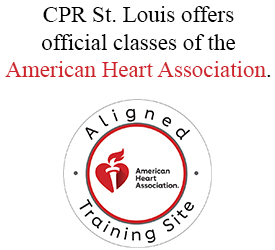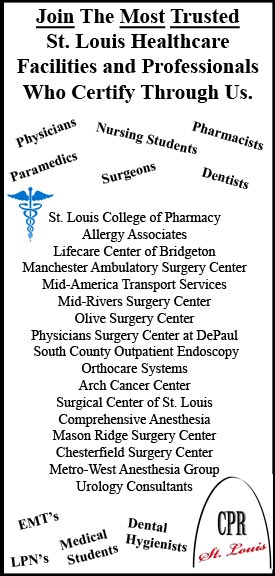Health-Disease Papers
Asthma by Emily Meininger
By CPR St. Louis at December 14, 2011 | 6:27 am | 0 Comment
Asthma makes breathing very difficult because it is a chronic disease of the airways. Asthma causes inflammation of air passageways that carry oxygen to the lungs. Due to the inflammation, the symptoms of asthma are coughing, wheezing, shortness of breath, and chest tightness. Asthma can also be referred to as bronchial asthma. There are three major features of asthma more...
Common Cold verses the Flu by Megan Karr
By CPR St. Louis at December 13, 2011 | 6:27 am | 0 Comment
The differences between a cold and the flu are not many and can be complicated to sort out. A cold is less severe than the flu. The flu can lead to other illnesses. While both are respiratory illnesses a cold is much milder than the flu, and usually does not consist of a fever. A cold typically beg (adsbygoogle = window.adsbygoogle || []).push({ more...
Melanoma by Jane Rolley
By CPR St. Louis at December 12, 2011 | 7:59 am | 0 Comment
Melanoma, sometimes called cutaneous melanoma or malignant melanoma, is a cancer of cells called melanocytes, which are cells that produce melanin or color of skin pigment and may be found in the eye, digestive tract, and lymph nodes. Melanoma can affect anyone and is a serious skin cancer that varies in color, size, and shape. Risk factors for developing melanoma more...
Heart Blocks by Hollie Strawn
By CPR St. Louis at December 11, 2011 | 7:23 am | 0 Comment
Heart Block is a condition that causes delays or interruptions in the electrical conduction system of the heart. It is considered a form of arrhythmia, or a problem with the regular rhythm or rate of an individual’s heartbeat, and can occur anywhere along this electrical system. (adsbygoogle = window.adsbygoogle || []).push({ google_ad_client: more...
Congestive Heart Failure (CHF) by Chuck Wensler
By CPR St. Louis at December 10, 2011 | 8:04 am | 0 Comment
Heart Failure is a condition where the heart is unable to pump enough oxygen and nutrient-rich blood to meet the body’s demands for normal tissue functioning. In the early stages, the heart will compensate and respond by enlarging to hold more blood with an increase in muscle tissue and a faster pumping action while combining this with vasoconstriction to increase more...












